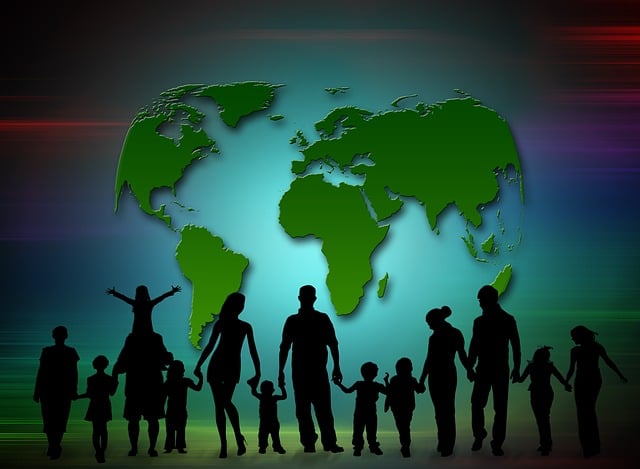Oregon Child Protective Services (OCPS), a crucial component of the state's Department of Human Services, safeguards children from abuse, neglect, and exploitation through comprehensive investigations, support services, and safe placements. Collaborating with community partners like law enforcement and medical professionals, OCPS offers a multi-faceted approach to child welfare. Individuals involved in child welfare cases have access to Legal Aid services that protect their rights and provide fair representation, covering custody battles, adoption proceedings, and protective orders for eligible low-income families and guardians.
In Oregon, ensuring the well-being of children is a top priority, with Oregon Child Protective Services (OCPS) playing a pivotal role. This article delves into the intricate world of child welfare rights and legal support within the state. We provide an in-depth overview of OCPS operations and highlight the crucial legal rights and resources available to both children and families involved in protective proceedings. Furthermore, we guide parents and guardians on accessing legal aid, ensuring they have the necessary assistance during these challenging times.
- Understanding Oregon Child Protective Services: An Overview
- Legal Rights and Support for Children and Families
- Accessing Legal Aid in Oregon for Child Welfare Cases
Understanding Oregon Child Protective Services: An Overview

Oregon Child Protective Services (OCPS) plays a pivotal role in safeguarding the well-being and rights of children within the state. This branch of the Department of Human Services is dedicated to ensuring that all Oregon children are protected from abuse, neglect, and exploitation. OCPS operates under a comprehensive framework designed to promote the safety, permanency, and well-being of vulnerable youth.
The service’s primary responsibilities include receiving and investigating reports of child abuse or neglect, providing support services to families in crisis, and ensuring that children are placed in safe environments when necessary. They collaborate with various community partners, including law enforcement, medical professionals, and social workers, to offer a multi-faceted approach to child welfare. Understanding the Oregon Child Protective Services system is essential for anyone involved with or concerned about the welfare of children in the state, as it facilitates informed advocacy and ensures that every child’s rights are upheld.
Legal Rights and Support for Children and Families

In Oregon, children and families have a range of legal rights and access to support systems when facing child welfare issues. The state’s child protective services, Oregon Department of Human Services (DHS), is tasked with ensuring the safety, health, and well-being of children. Parents or guardians are entitled to legal counsel during any involvement with DHS, including investigations, hearings, and placements. This right ensures that families understand their options and are protected from unfair practices.
Oregon’s legal framework provides various forms of support to safeguard children’s rights. The state offers free legal aid to low-income families through programs designed to help navigate complex legal processes. Additionally, advocacy groups and non-profit organizations dedicated to child welfare rights offer resources and guidance, ensuring that both children and parents receive the necessary assistance in safeguarding their future.
Accessing Legal Aid in Oregon for Child Welfare Cases

In Oregon, individuals involved in child welfare cases have access to Legal Aid services designed to protect their rights and ensure fair representation. The state’s legal aid programs are instrumental in providing support to families, guardians, and children who may otherwise face challenges navigating complex legal processes associated with Oregon Child Protective Services (CPS). These services cover a range of issues, including but not limited to custody battles, adoption proceedings, and protective orders.
Eligible residents can connect with Legal Aid organizations that offer free or low-cost legal assistance. The process typically involves an intake interview to assess the case’s urgency and complexity. Once qualified, clients are matched with attorneys or legal professionals who specialize in family law and child welfare matters. This ensures that those navigating CPS cases receive competent legal counsel tailored to their unique circumstances.
